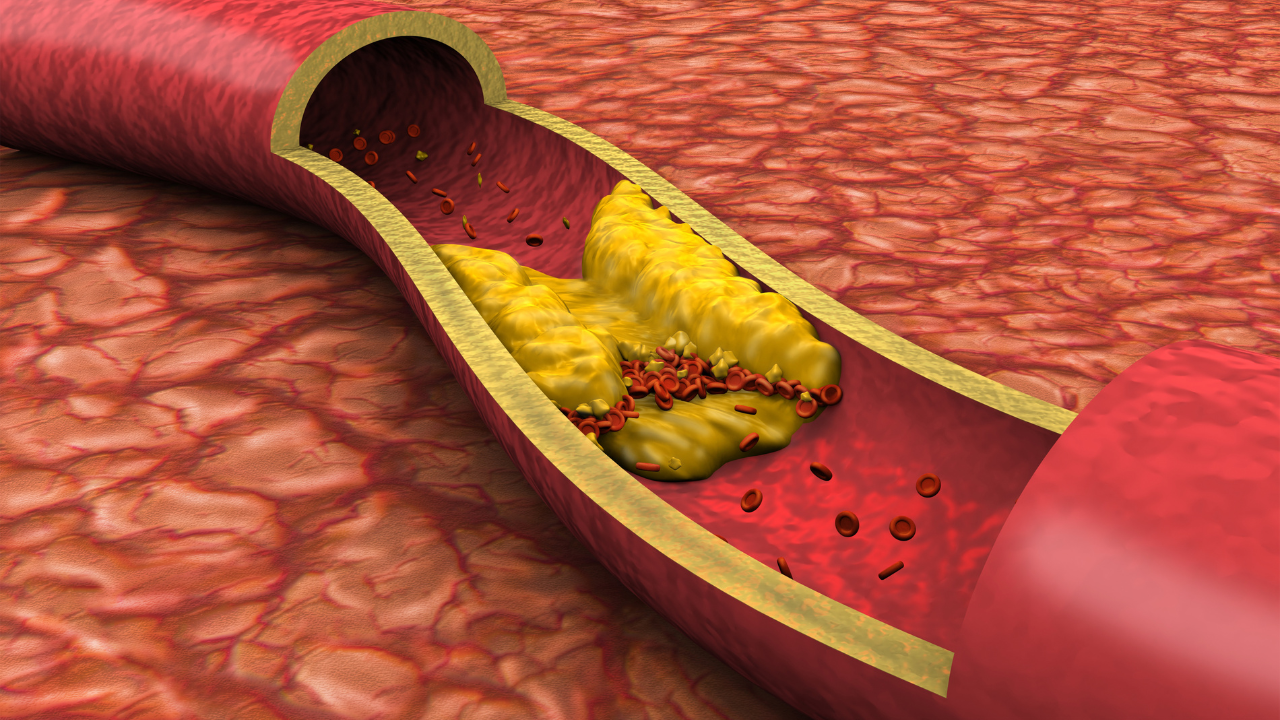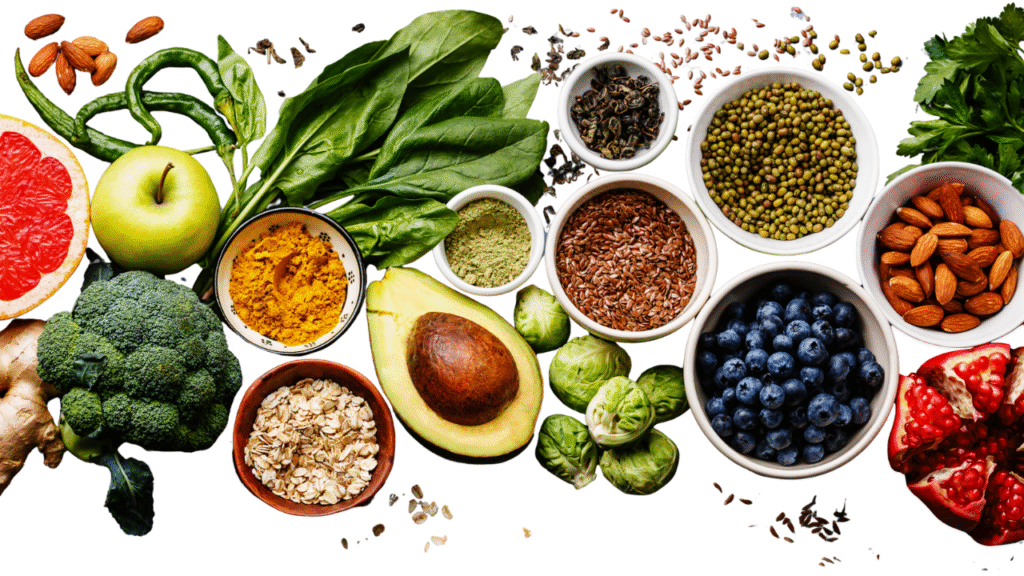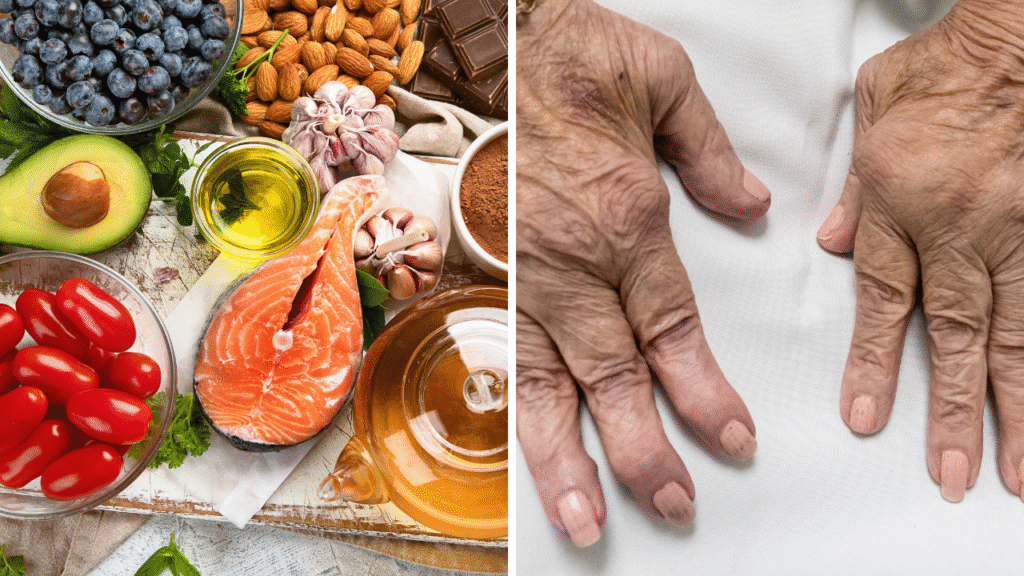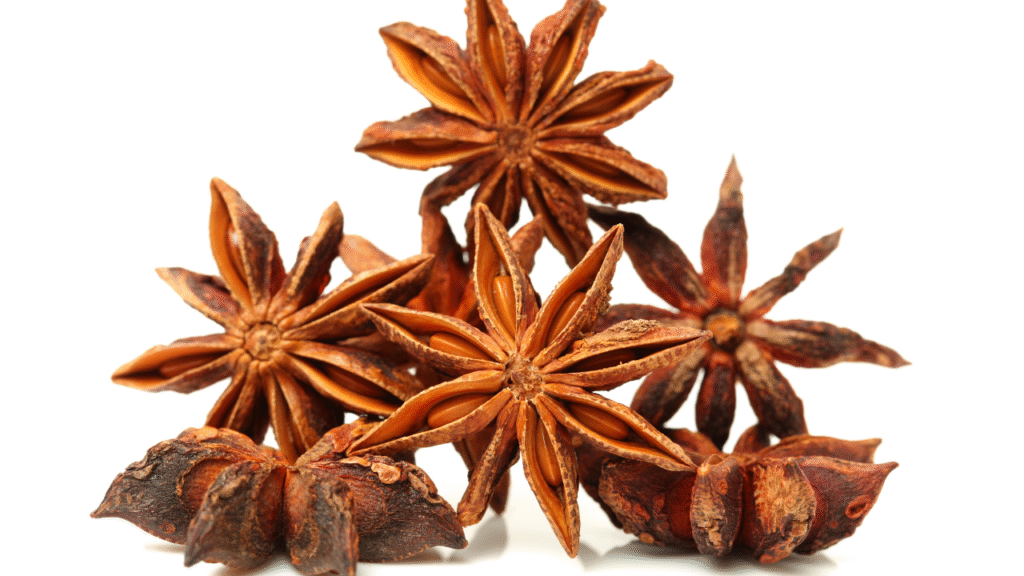A number of cardiovascular diseases can be traced back to one primary cause — clogged arteries. Also known as atherosclerosis, this condition occurs when plaque (cholesterol, calcium, and fat) builds up on artery walls, restricting blood flow.
Arteries are crucial because they carry oxygen- and nutrient-rich blood from the heart to every part of the body. When plaque accumulates, it creates a narrowed, inflamed path for blood, which can lead to serious complications like heart attacks or stroke.
Related: Top 7 Vitamins to Unclog Your Arteries and Boost Blood Flow
🚨 What Causes Clogged Arteries?
Clogged arteries typically begin when the inner lining of an artery (endothelium) becomes damaged. In response, the body attempts to repair the damage, but this healing process leads to inflammation and plaque buildup.
Common Causes:
- High blood pressure (hypertension)
- High cholesterol and triglycerides
- Poor diet (especially one high in saturated fat)
- Diabetes (Type 1 or Type 2)
- Obesity
- Smoking
- Physical inactivity
- Chronic inflammation (from conditions like arthritis or lupus)
Smoking, in particular, contributes significantly to atherosclerosis in major arteries, including the aorta and coronary arteries.
⚠️ Signs and Symptoms
Clogged arteries may not show symptoms until the blockage is 60%–70% or more. When symptoms appear, they can be subtle but serious.
General Symptoms:
- Chest pain (angina)
- Weakness or fatigue
- Nausea or loss of appetite
- Anxiety
- Shortness of breath or rapid breathing
- Sweating
- Tightness in the jaw
Additional Signs (Related to Coronary or Peripheral Artery Disease):
- Cold feet or hands
- Muscle cramping or pain in legs
- Numbness (especially on one side of the body)
- Back or upper body pain
- Lower back pain
🧬 Risk Factors (That You Can Manage)
Many risk factors for atherosclerosis are within your control:
- High blood pressure
- Smoking
- High LDL (“bad”) cholesterol
- Diabetes
- Obesity
- Sedentary lifestyle
A healthcare provider can help assess these risks and recommend lifestyle adjustments.
🚑 Complications of Untreated Clogged Arteries
If not addressed, clogged arteries can lead to severe, life-threatening conditions:
- Heart disease – Plaque buildup in arteries surrounding the heart
- Angina – Chest pain due to restricted blood flow
- Peripheral artery disease (PAD) – Affects circulation to limbs
Related: Unclog Your Arteries Naturally: 10 Powerful Vegetables for a Healthy Heart
Preventing Clogged Arteries: Lifestyle, Diet, and Medical Options
Keeping your arteries clear is essential to maintaining a healthy heart and preventing conditions like heart attacks, strokes, and peripheral artery disease. Here’s a complete guide on how to prevent or slow the development of clogged arteries (atherosclerosis).
🥩 Avoiding Saturated Fats
The type of fat in your diet directly impacts cholesterol levels and plaque buildup.
- Limit saturated fats to less than 6% of total daily calories.
- For a 2,000-calorie diet, that’s about 13 grams of saturated fat.
Foods High in Saturated Fats:
- Fatty cuts of beef, pork, lamb
- Butter, cream, cheese, whole milk
- Palm oil and coconut oil
✅ Replace these with unsaturated fats to lower LDL (“bad”) cholesterol.
🥑 Eating More Unsaturated Fats
Unsaturated fats help raise HDL (“good”) cholesterol, which can remove LDL from the arteries.
Sources of Unsaturated Fats:
- Avocados
- Olives and olive oil
- Nuts (e.g., walnuts, almonds)
- Fatty fish (salmon, trout, herring)
- Sunflower and flaxseed oils
🥗 Heart-Healthy Diet Tips
According to the American Heart Association, eat more of:
- Whole fruits and vegetables
- Whole grains
- Nuts and legumes
- Low-fat dairy
- Lean poultry and fish
Limit or avoid:
- Sugary foods and beverages
- Red meat
- Processed and fast food
🍵 Drinking Herbal Teas
Herbal teas are a great alternative to sugary drinks.
- Green tea: May reduce LDL and total cholesterol.
- Ginger tea: May help lower cholesterol, insulin resistance, and body fat.
Tip: Fresh ginger root can be steeped in hot water for a soothing, healthy tea.
🏃♂️ Getting Regular Physical Activity
Exercise helps prevent obesity and improves heart health.
Cardiovascular (aerobic) exercises include:
- Brisk walking or jogging
- Cycling
- Swimming
- Tennis
- Aerobics or dance classes
Aim for at least 150 minutes of moderate activity + 2 strength training sessions per week.
🚭 Stopping Smoking
Smoking:
- Damages artery walls
- Accelerates plaque buildup
- Increases heart disease risk
Quitting can significantly improve cardiovascular health.
Talk to your doctor for a personalized quit plan or support.
🧘 Reducing Stress Levels
Chronic stress can contribute to inflammation and plaque buildup.
Try:
- Meditation
- Yoga
- Deep breathing exercises
- Nature walks or quiet time
💊 Medication (When Lifestyle Isn’t Enough)
Doctors may prescribe:
- Statins – to reduce LDL cholesterol
- Other cholesterol-lowering drugs based on individual risk
These are often used alongside diet and lifestyle changes.
🏥 Surgical Options for Severe Blockages
In advanced cases, surgery may be needed:
- Angioplasty and stenting: A tube is used to open the artery and place a stent to keep it open.
- Bypass surgery: Reroutes blood flow around the blocked area using a blood vessel from another part of the body.
Related: Top 10 Foods to Clear Your Arteries
🩺 When to See a Doctor
You should consult a healthcare professional if you:
- Experience chest pain, shortness of breath, or sudden weakness
- Have multiple risk factors
- Are managing chronic conditions like diabetes or high blood pressure
- Are over the age of 40 and haven’t had a cardiovascular checkup
Source Links
https://www.nhlbi.nih.gov/health/heart/smoking
https://www.heart.org/en/healthy-living/healthy-eating/eat-smart/fats/saturated-fats
https://www.ncbi.nlm.nih.gov/pmc/articles/PMC5475232/






